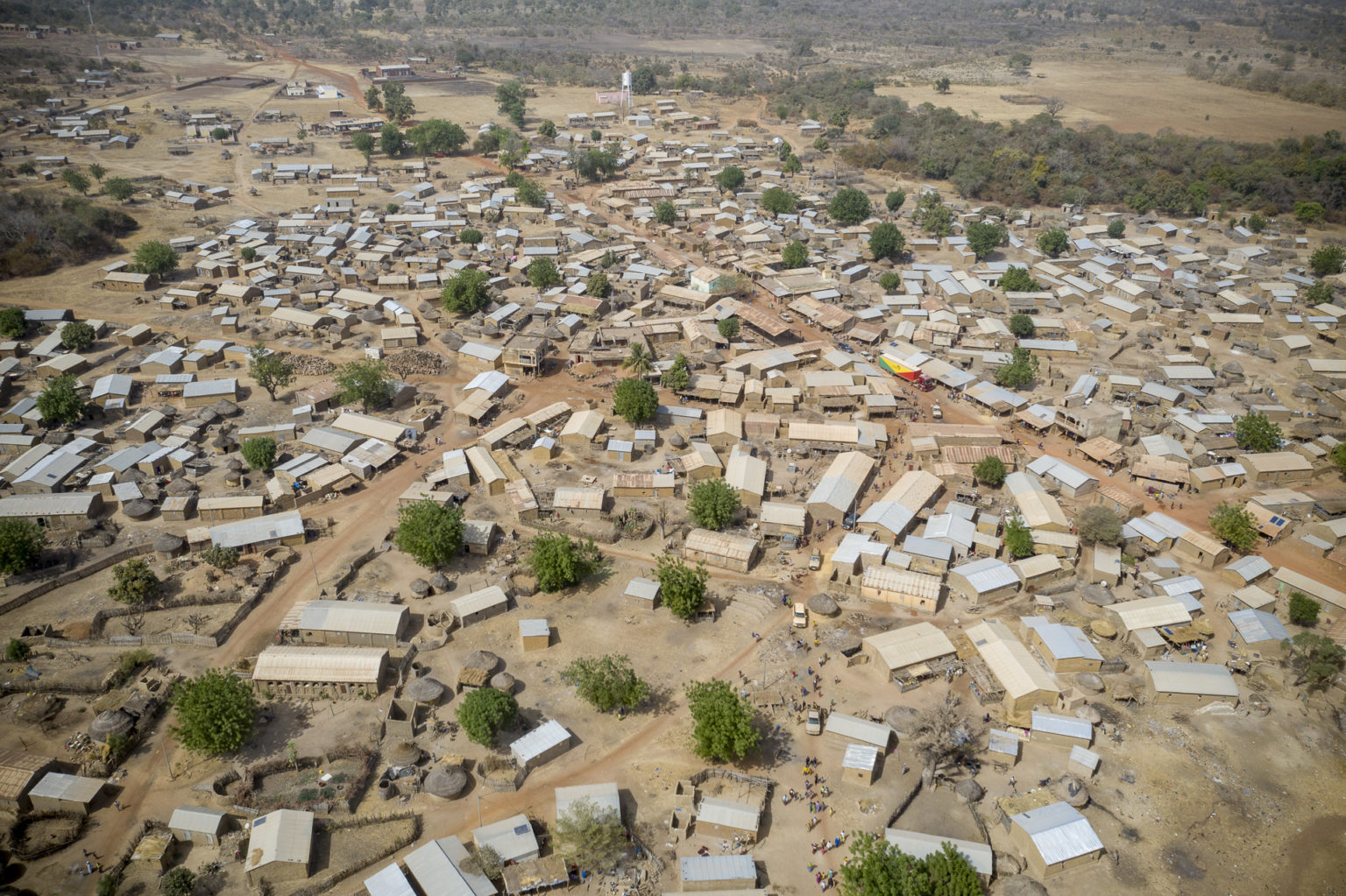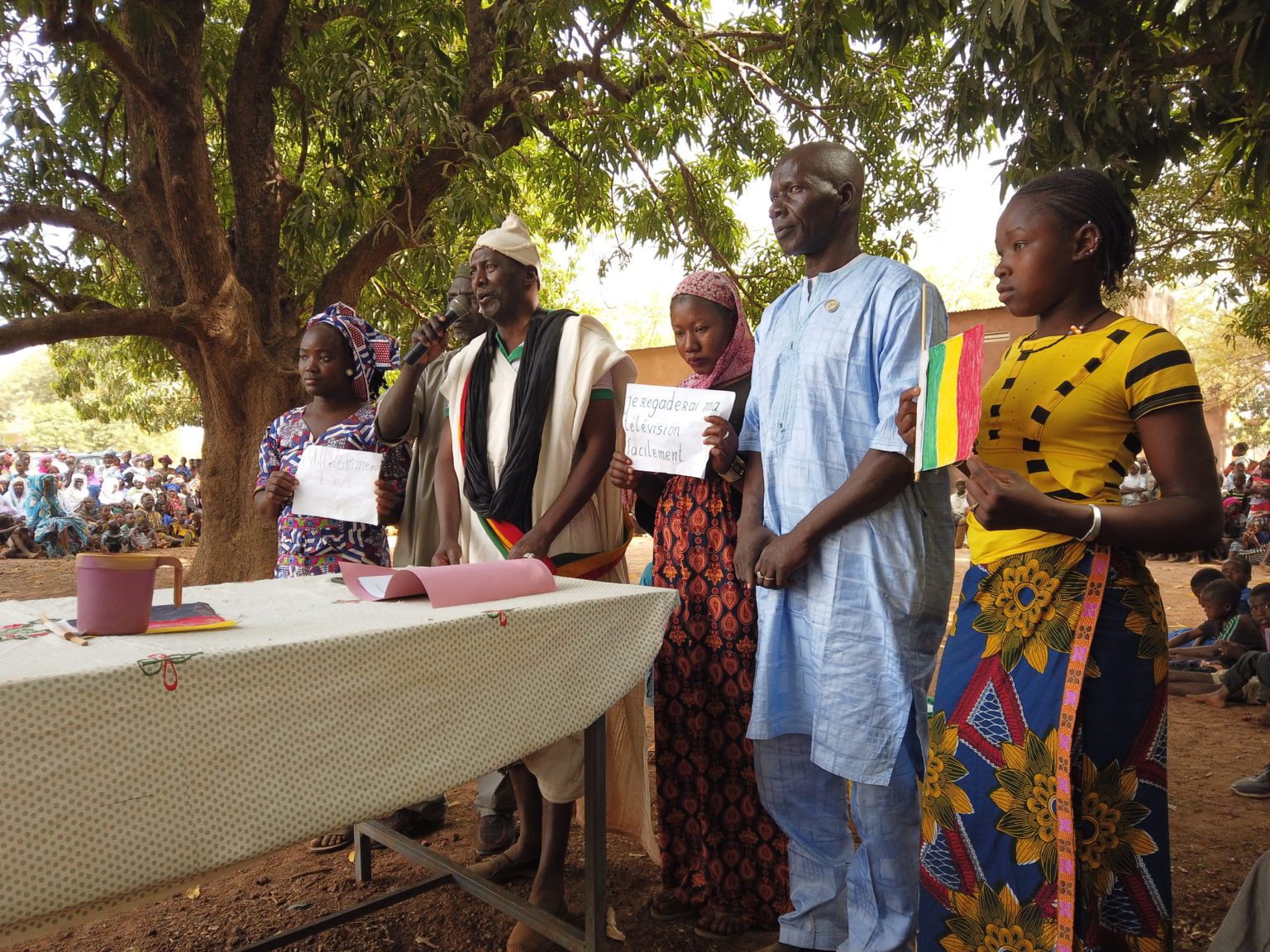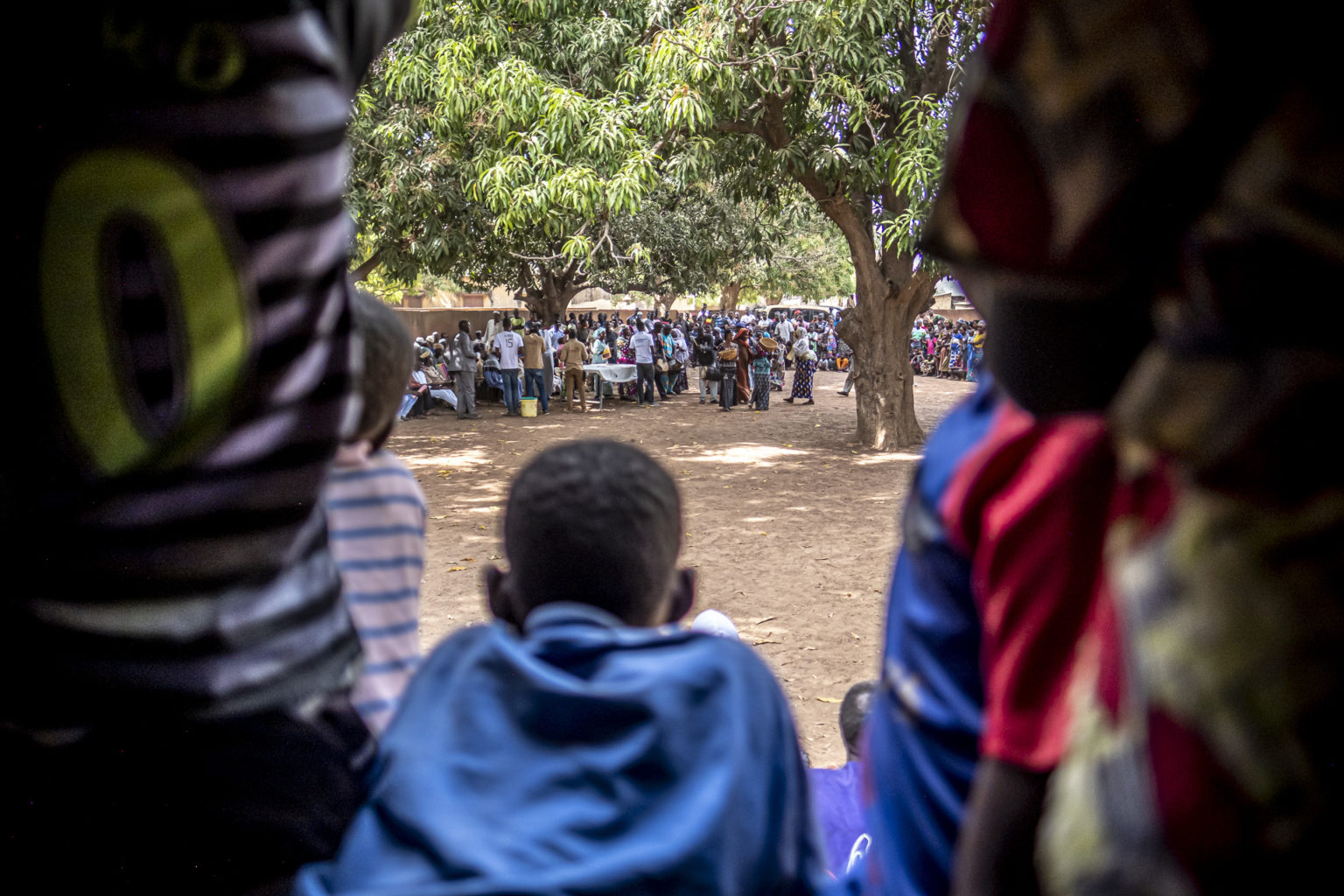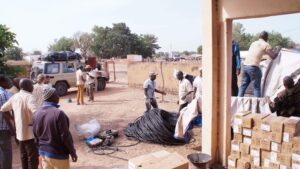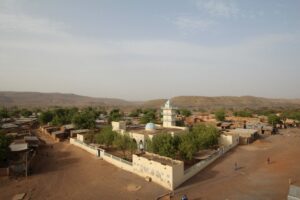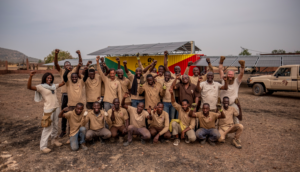
Africa GreenTec
As a social enterprise, we offer sustainable energy solutions to empower people to achieve more self-determination and growth.
WE DO.
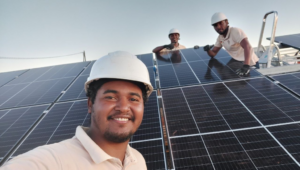
ImpactSites
Our holistic and self-sufficient system, the ImpactSite, provides an intelligent combination of sustainable energy production, cooling, water treatment and communication designed to empower people.
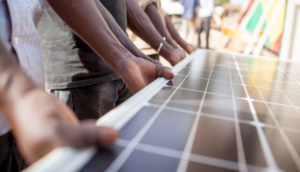
ImpactProducts
With ImpactProducts, we not only make the use of electricity much more efficient, but also achieve a sustainable and holistic impact for our customers and the climate.
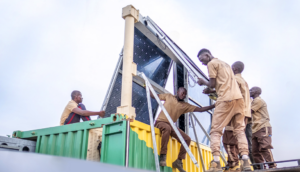
Solartainer
With the Solartainer we focus on solar energy, a sustainable and at the same time the most logical energy source in Africa. We have developed two different containerized systems.
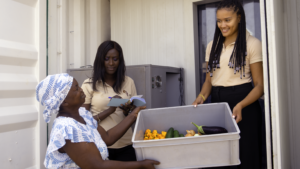
Cooltainer
With the Cooltainer, we minimize food spoilage and offer new opportunities for food distribution.
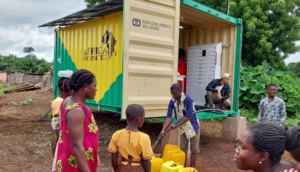
Watertainer
The solar powered Watertainer is a containerized water treatment system for all common water sources.
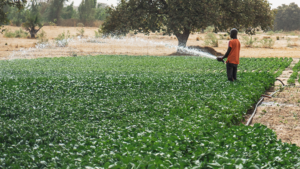
PumpUP
We support African farmers with our solar-powered, innovative and highly efficient borehole pumps.
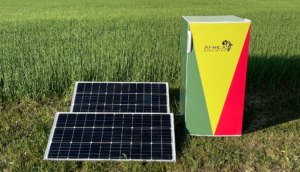
CoolUP
We have developed an innovative and efficient refrigerator specially designed to run on solar power.
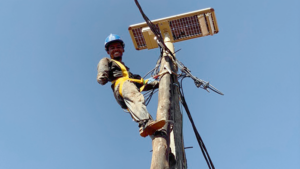
StreetUP
Solar powered street lighting for safe communities.
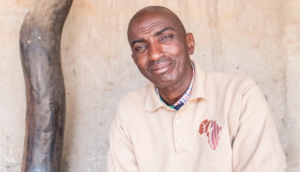
Distribution Partners
Our employees and sales partners in the respective countries will provide you with information about which ImpactProducts are available in which country and under what conditions.
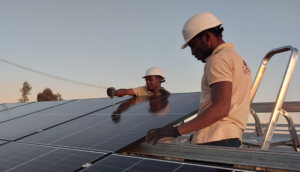
Commercial & Industrial (C&I)
We offer commercial and industrial customers customized solar installations to make their business more sustainable and scalable.
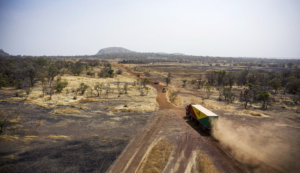
ImpactInvest
As a social enterprise, we combine ecological and social goals with returns. We offer you the chance to invest in Africa and renewable energies as a private or institutional investor.
BE PART OF THE CHANGE.

Impact+
Do you own an electric vehicle and want to generate even more impact together with Africa GreenTec? The German government’s GHG quota makes it possible and with our partner fairnergy we have the perfect solution for you!
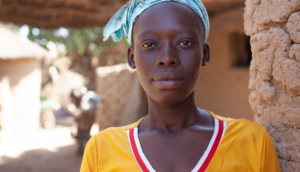
ImpactBlog
Explore how our clients’ lives are changing in Africa – stories about people, impact, innovation, investment and purpose.
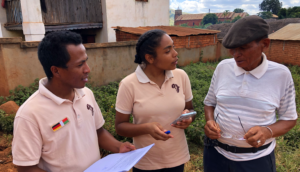
ImpactFacts
We are impact-driven – electricity is the main driver for sustainable development. With our impact management system, we provide reliable data on the development of the SDGs to measure our impact.

Who We Are
As a social enterprise, we offer sustainable energy solutions to empower people to achieve more self-determination and growth.
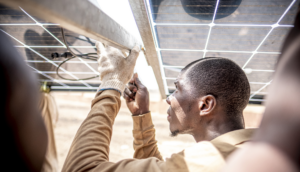
How We Work
Key factors for the success of our work are our local experience and how we implement our projects in the communities.
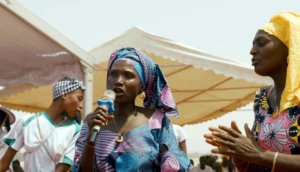
Press
Press articles, video reports, radio shows, podcasts and news about our projects, company goals and visions – you can find them here.

Career
Would you like to make a positive impact with your job? Work in an international team? And use your talents and interests for a climate-friendly future? Then apply with us!

Germany
The team in Germany supports our country subsidiaries in the areas of financial acquisition, crowdfunding and product development.
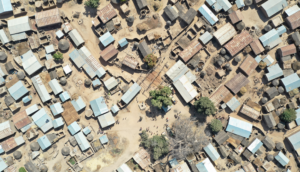
Mali
Our country subsidiary AGT Mali was founded in August 2017. Its headquarters is located in the capital Bamako.
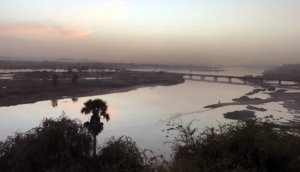
Niger
Our country subsidiary AGT Niger was founded in August 2016. Its headquarter is in the capital Niamey.

Senegal
Our country subsidiary AGT Senegal was founded in January 2021. Its headquarter is located in the capital, Dakar.
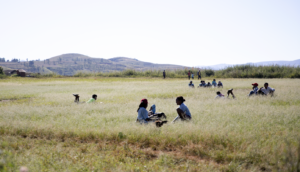
Madagascar
Our country subsidiary AGT Madagascar was founded in April 2021. The head office of the national company is located in the capital Antananarivo.





